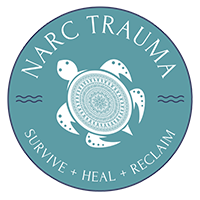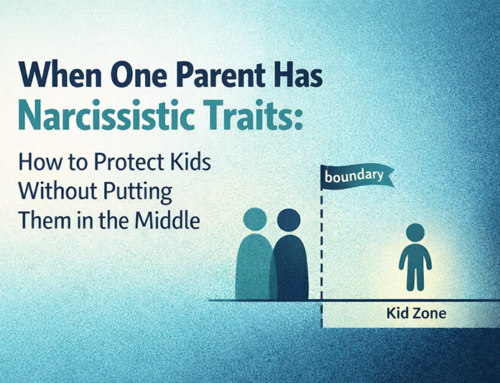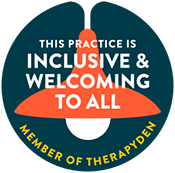The Body Remembers: How Narcissistic Abuse Shows Up Physically

By Brenda Stephens, Licensed Professional Clinical Counselor
Why Narcissistic Abuse Shows Up as Physical Symptoms. If you ever thought:
“Why am I so tired all the time?”
“Why can’t I sleep, even though I’m exhausted?”
“Why is my body still reacting like I’m in danger even when the abuse is over?”
You’re not imagining things, and you are not alone
Survivors of narcissistic abuse often experience a wide range of physical symptoms that persist long after the relationship ends. This isn’t “just stress,” and it’s not weakness. It’s your nervous system responding to what it perceives as an ongoing threat.
Let’s talk about why this happens, and how to begin healing from the inside out.
1. Chronic Stress Puts the Body in Survival Mod
Living with a narcissist means living in a constant state of alert. Whether it’s the fear of being criticized, walking on eggshells, or trying to avoid the next emotional ambush, your body is repeatedly activating its fight, flight, freeze, or fawn response. This chronic stress can lead to:
Tension headaches or migraines
Heart palpitations or chest tightness
Digestive issues like nausea, bloating, or IBS
Muscle pain (especially in the neck, shoulders, jaw, and back)
Insomnia or disturbed sleep
Fatigue, even after a full night’s rest
Your body becomes stuck in survival mode, unable to relax, even after the threat is gone.
2. The Body Remembers What the Mind Tries to Forget
When your emotional experiences are repeatedly invalidated, dismissed, or distorted (gaslighting), you may begin to suppress your feelings just to survive. But those unprocessed emotions don’t disappear. They’re stored in the body.
That’s why you might experience:
Chronic pain or muscle stiffness
Somatic dissociation (feeling numb or disconnected from your body)
Skin flare-ups (eczema, acne, hives)
Sensory sensitivities (light, sound, touch)
Your body holds the trauma, even when your mind can’t fully recall or make sense of it.
3. Trauma Hijacks the Nervous System
Over time, the nervous system becomes hypervigilant, constantly scanning for danger, even in safe environments. This can cause:
Exaggerated startle response
Panic attacks
Shallow breathing or breath-holding
Difficulty concentrating
Feeling constantly “on edge”
A general sense of being unsafe, even when you’re alone
This is not overreacting; this is a trauma response.
4. It’s Not “All in Your Head,” It’s in Your Body
The physical manifestations of narcissistic abuse are real and measurable. Survivors may experience:
Hormonal imbalances or menstrual irregularities
Hair thinning or loss
Changes in appetite (overeating or lack of hunger)
Weak immune function (frequent colds or illnesses)
Brain fog or forgetfulness
These symptoms are often dismissed or misdiagnosed by providers unfamiliar with the effects of relational trauma. But they are part of a larger picture of survival.
5. Healing the Body is Part of Healing the Trauma
You can’t think your way out of trauma; you have to feel and release it, too. True healing includes the body. That means working with the nervous system through:
Trauma-informed yoga or movement
Somatic therapy
Vagus nerve activation (breathing, humming, cold exposure)
Journaling and expressive writing
Safe connection with others (like support groups or group therapy)
Gentle mindfulness practices to reconnect to your body
When you begin to treat your physical symptoms as part of your trauma recovery, the healing deepens.
Final Thoughts: You Are Not Broken, You’re Wired for Survival
Your body isn’t overreacting. It’s not defective. It’s doing exactly what it was trained to do in order to protect you.
Once the threat is over, your body needs help learning that it’s finally safe.
With the right support, your nervous system can calm, your symptoms can soften, and your body can begin to trust again.







